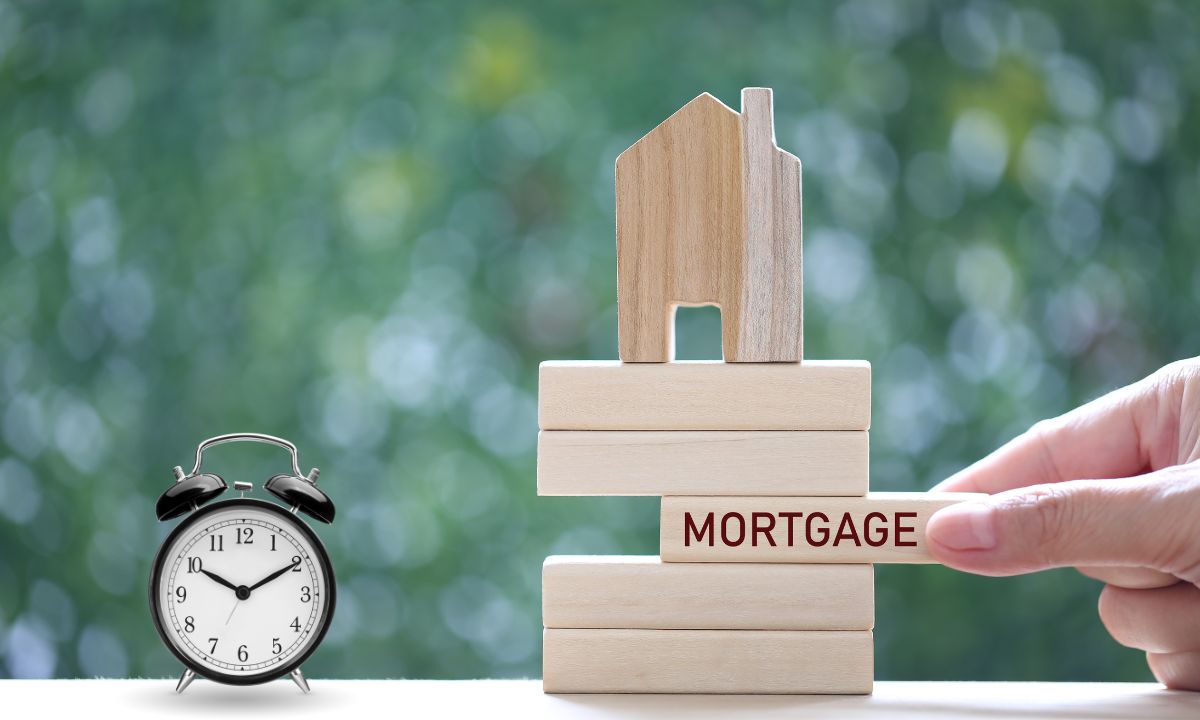When buying a home, many people are aware of the down payment but often overlook the additional costs that come with closing the deal. These expenses, known as closing costs, can sometimes catch buyers off guard. The good news is that, in certain circumstances, closing costs can be included in your loan. Here’s a closer look at how this works and what you need to consider.
Understanding Closing Costs
Closing costs are fees associated with the finalization of a real estate transaction. They typically include expenses such as:
- Loan origination fees
- Appraisal fees
- Title insurance
- Home inspections
- Property taxes
- Homeowner’s insurance
These costs can add up to 2-5% of the purchase price of the home, which can be a significant amount on top of your down payment.
Rolling Closing Costs Into Your Loan
Including closing costs in your loan means you’re essentially financing these expenses over the life of the mortgage instead of paying them upfront at closing. This can be a convenient option if you’re short on cash, but it’s important to understand how it works and the implications:
- Loan Type: Not all loans allow you to roll in closing costs. Conventional loans, FHA loans, and VA loans might offer this option, but the terms and availability can vary. Always check with your lender about your specific loan type.
- Interest Rates and Loan Amount: When you add closing costs to your loan, your loan amount increases, which can affect your monthly payment and the total interest you’ll pay over the life of the loan. Additionally, some lenders may charge a higher interest rate if you choose to roll closing costs into your mortgage.
- Appraisal Value: The total loan amount, including closing costs, must still fall within the appraised value of the home. If the home appraises for less than your purchase price plus closing costs, you may need to pay the difference out of pocket.
Pros:
- Immediate Cash Flow Relief: Reduces the amount of cash you need upfront.
- Simplifies the Closing Process: Less out-of-pocket money required at closing.
Cons:
- Higher Monthly Payments: Increases your loan balance and monthly payments.
- More Interest Paid Over Time: Total interest paid over the life of the loan will be higher.
- Possible Higher Interest Rate: Lenders might charge a higher interest rate for including closing costs.
Is This the Right Choice for You?
Deciding whether to include closing costs in your loan depends on your financial situation and long-term plans. If you need to conserve cash for other expenses or investments, rolling in closing costs can be a viable option. However, if you can afford to pay these costs upfront, you’ll save money on interest in the long run.
Always discuss your options with your lender and consider consulting a financial advisor to determine the best approach for your circumstances. Understanding the details and implications will help you make an informed decision and ensure your home-buying process is as smooth and affordable as possible. Every financial decision has its trade-offs. What matters most is finding the balance that works for you and your future home.
 Refinancing your home can be a smart financial move, offering you the chance to secure a better interest rate, reduce monthly payments, or even tap into your home’s equity. However, one of the most common questions homeowners have is: “How long does it take to refinance a house?” While the timeline can vary based on several factors, here’s a general overview to help you understand the process.
Refinancing your home can be a smart financial move, offering you the chance to secure a better interest rate, reduce monthly payments, or even tap into your home’s equity. However, one of the most common questions homeowners have is: “How long does it take to refinance a house?” While the timeline can vary based on several factors, here’s a general overview to help you understand the process.